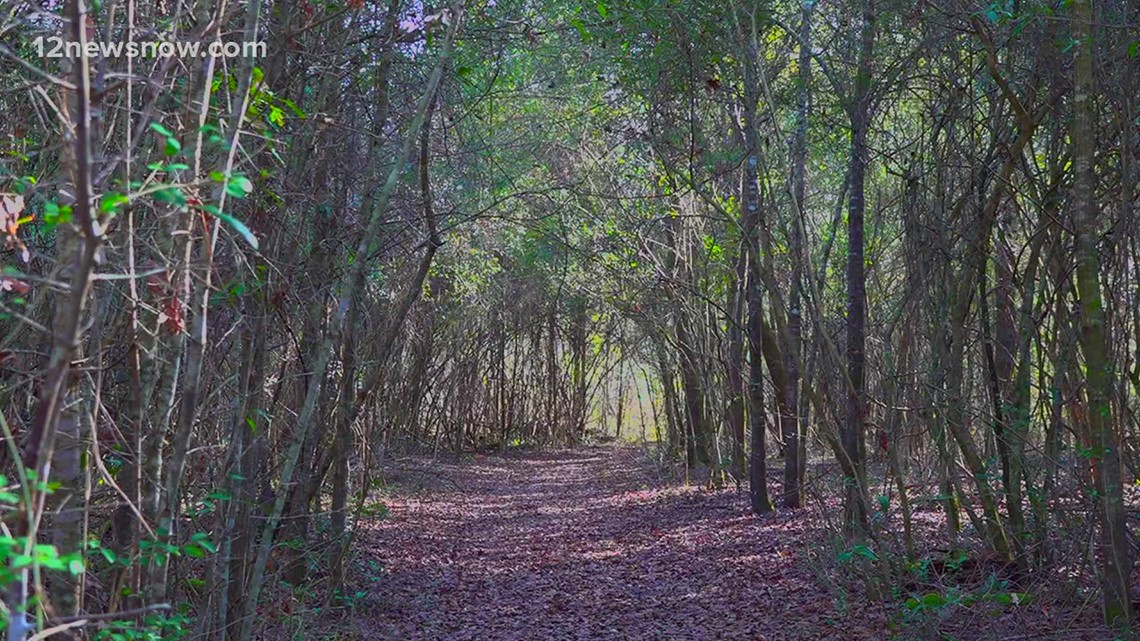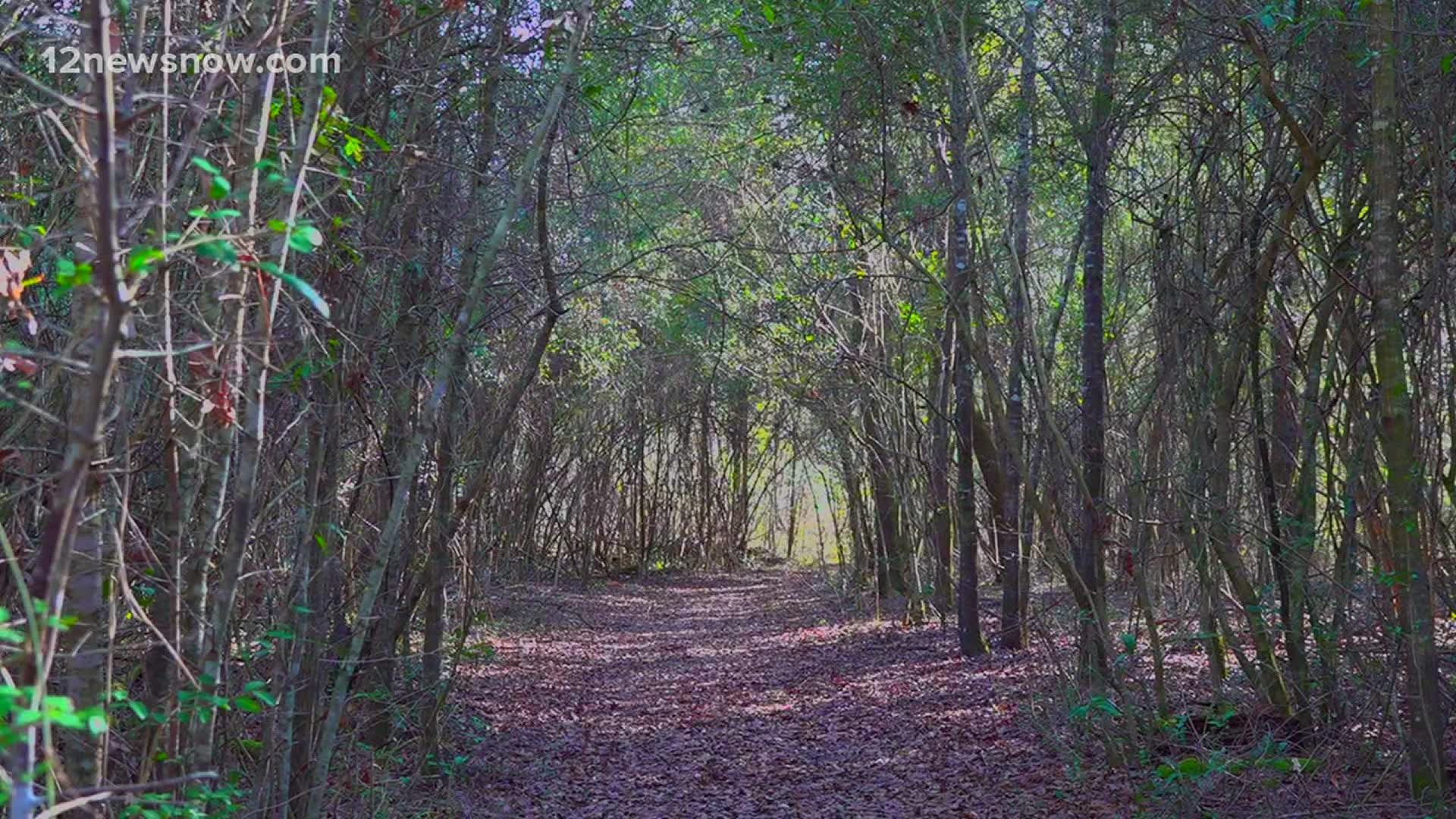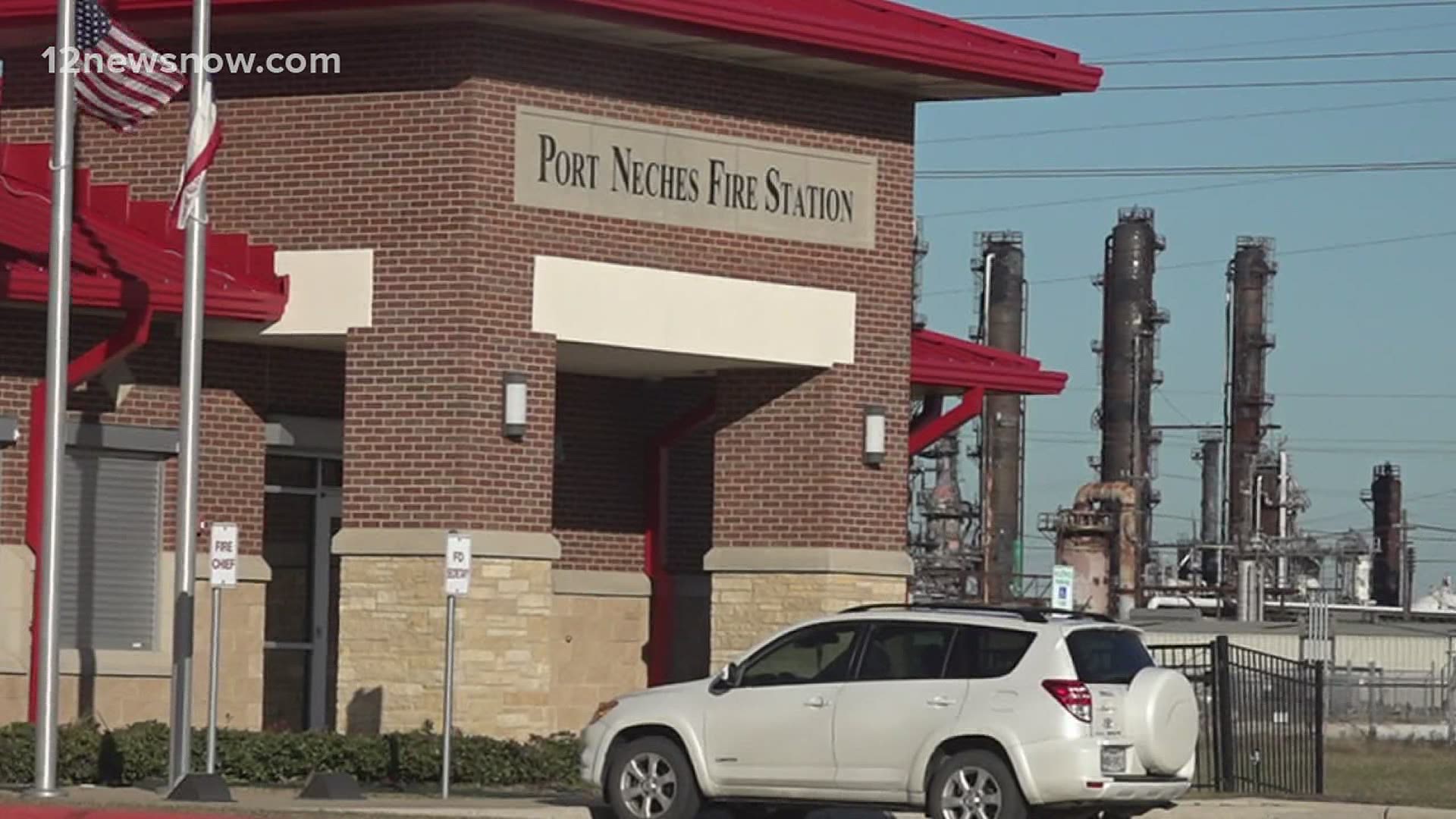BEAUMONT, Texas — More Southeast Texans are heading to state parks amid the pandemic, but more people equals more trash. And park rangers have a message for visitors: Don't mess with Texas.
Social distancing rules have made it tough to gather inside. So, more Southeast Texans are getting outside, and when there's more than 112,000 acres of endless nature in your backyard, there's a whole world to explore.
“Big Thicket is so unique to Southeast Texas because it’s where four distinct ecosystems of the United States convene," said Big Thicket National Preserve Park Ranger Megan Urban. "You can, in one day, see alligators. You can go up and see roadrunners you can see some cypress tupelos, and you can go and see the oak trees.”
Big Thicket has caught the eye of many people this past year. The preserve has seen a 16 percent increase of visitors in 2020, and the number keeps growing.
“With more visitors come more use of the public land. We also have seen a 10 percent increase in backcountry camping permits, where people can go out and camp in the middle of the woods, enjoy some time away, which is also very important during the pandemic. We provide safe places for visitors to come and explore,” Urban said.
But more visitors bring more of something else.
“We have seen an increase of trash in the previous years. We do volunteer cleanups every third Saturday of each month to encourage people to come out and help clean up, but sadly, we do still see a lot of trash,” Urban said.
So, the next time you're out camping, remember the seven principles of leave no trace. One of them is to pick up all your items and trash from your campsite. You can throw it in a designated waste bin on your way out. This is to ensure we keep our forests clean and national preserve at its finest.


“That small piece of trash might then get picked up by flood water and taken into our creek system and its causing resource management issues along the creeks,” Urban said.
Whether you're kayaking down the Neches river, hiking through sandy soil on sand hill trail, or camping near oak trees, Urban says Big Thicket tells the history of Southeast Texas. It's a part of our community’s heritage.


